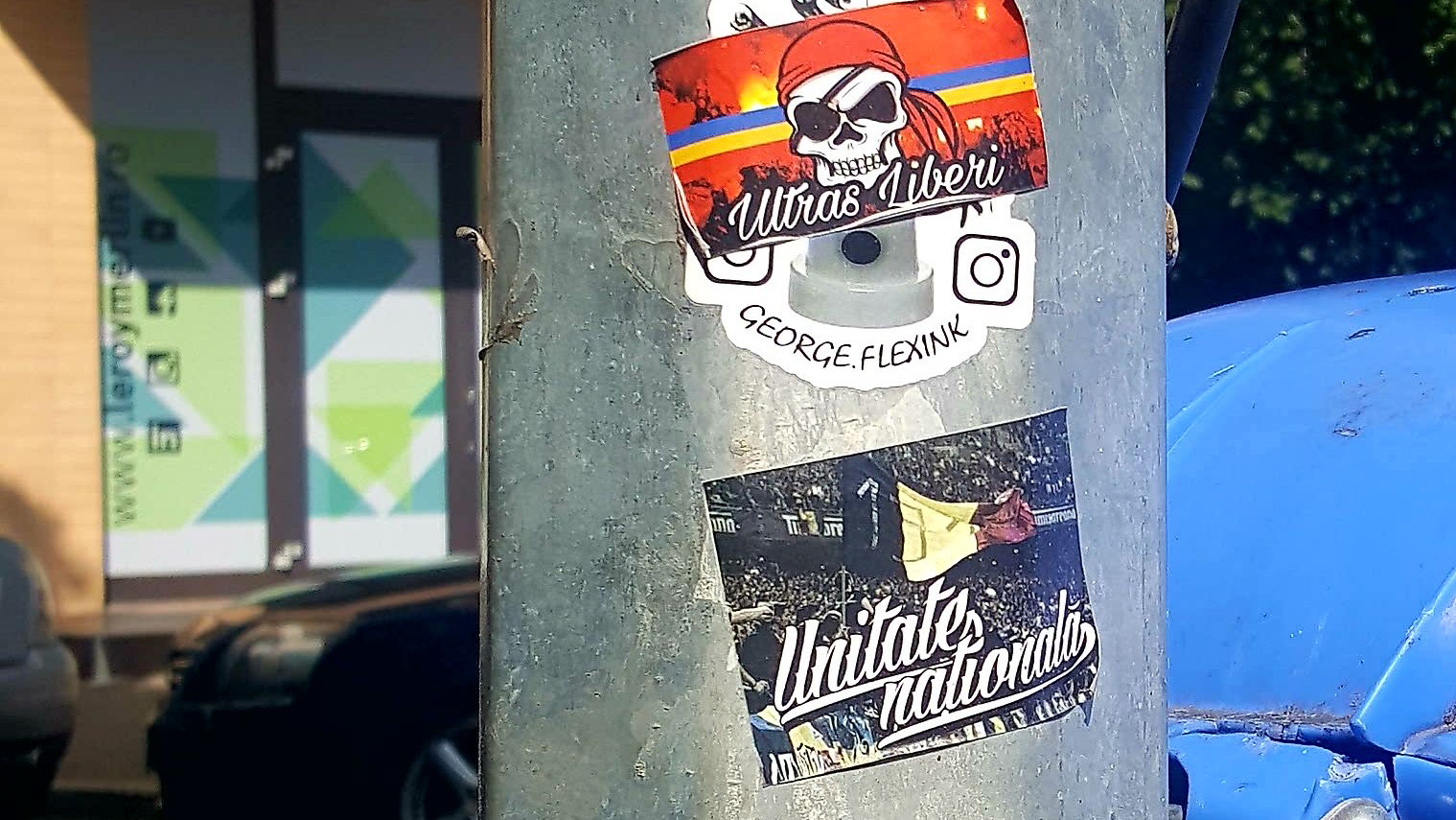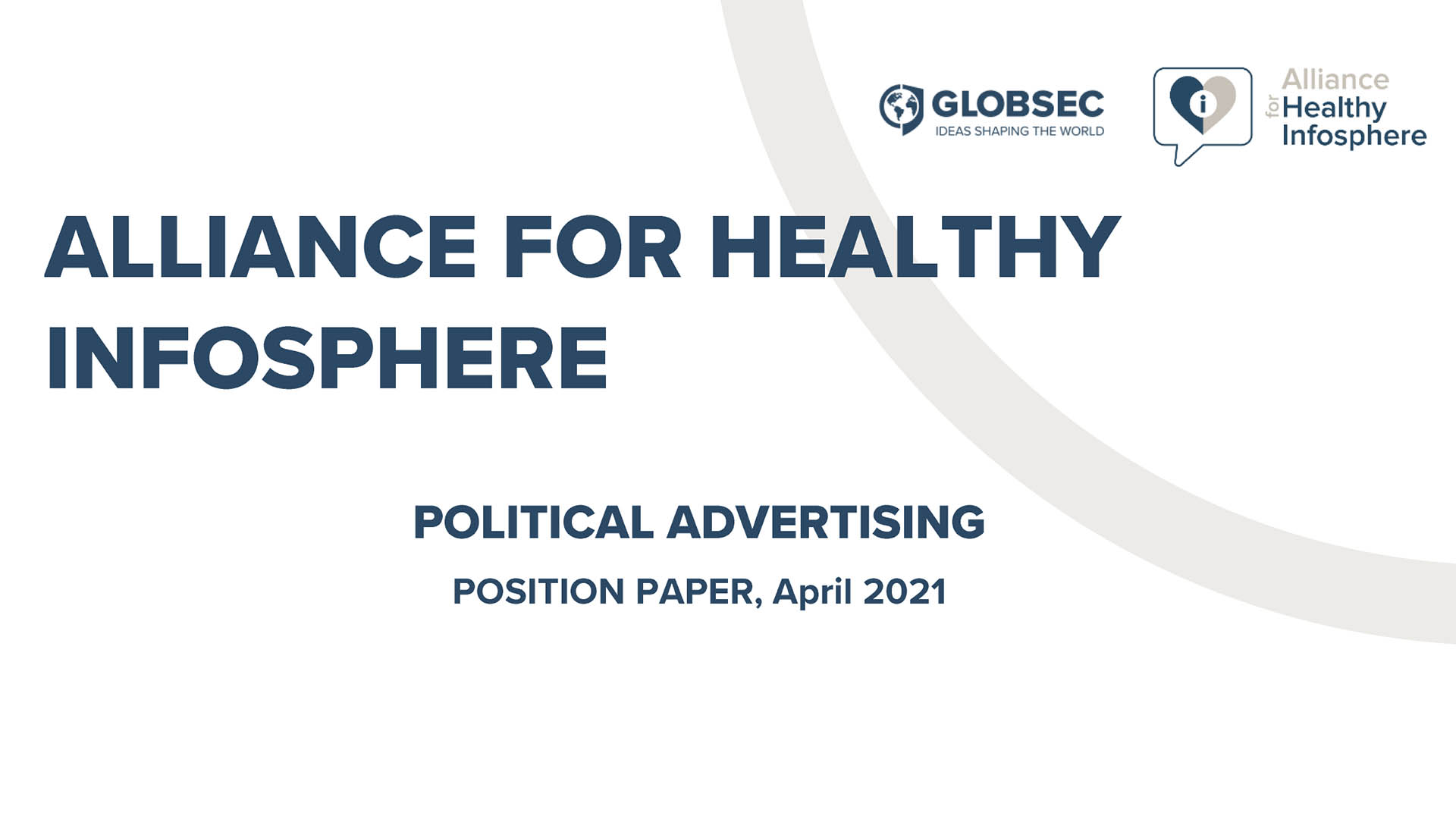The digitalisation of political campaigning has rapidly transformed the democratic political processes. Online political advertising has not only opened up new possibilities for democratic dialogue and creative engagement, but it has also become a relatively cheap and easy way of amplifying information manipulation.
GlobalFocus Admin
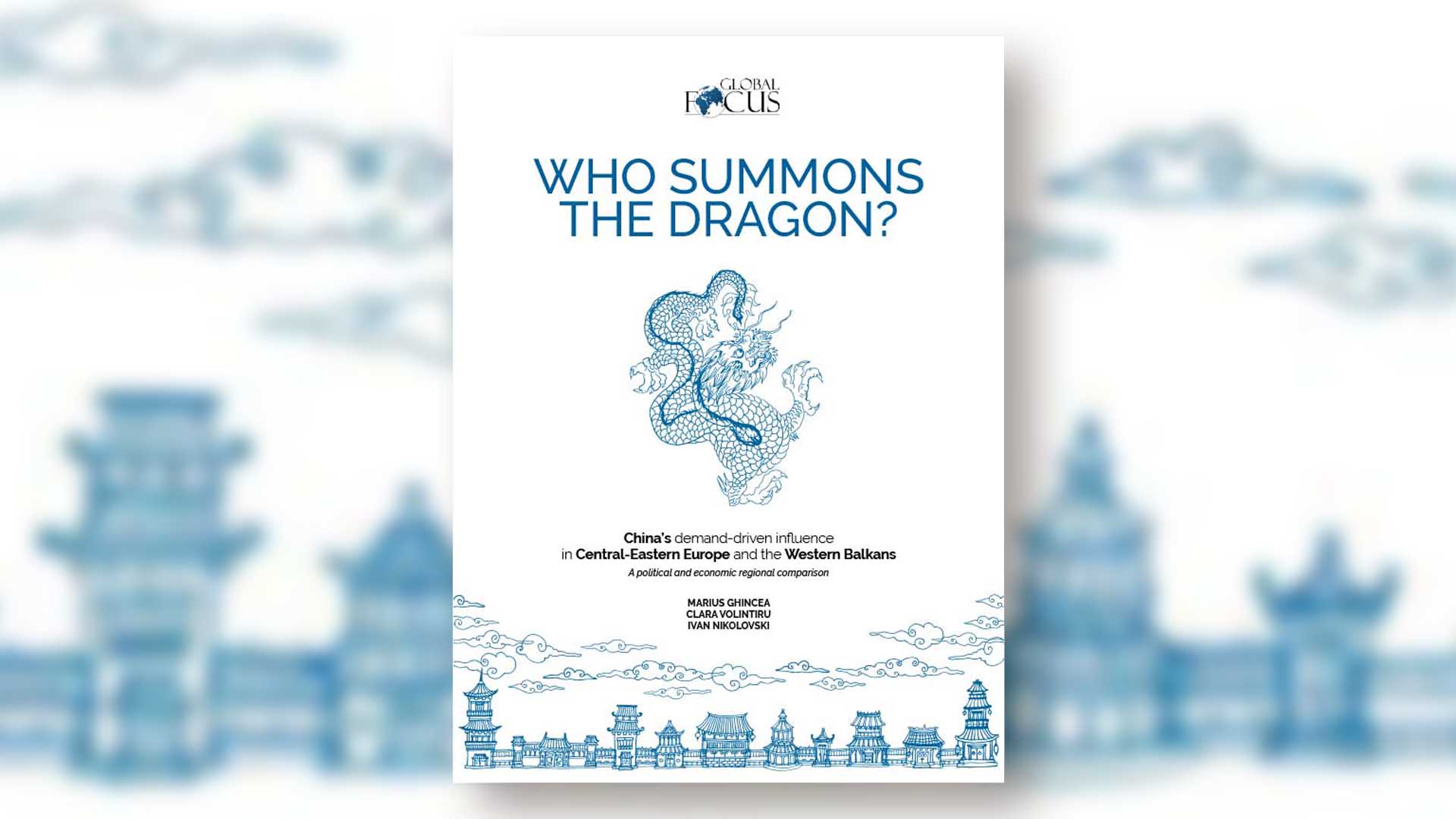
A political and economic regional comparison
Based on a mixed-method methodology cross-cutting the political/economical divide, our latest brief shows that while China wants to increase its economic and political influence in the region, there is a significant difference between the story we hear and the facts we see. Despite China’s efforts to leverage vulnerabilities in the region, its political influence seems to be still relatively low. Economic influence by itself cannot match Western economic ties either. Political engagement with China is shaped mostly by domestic factors and geopolitical considerations, particularly those related to security.
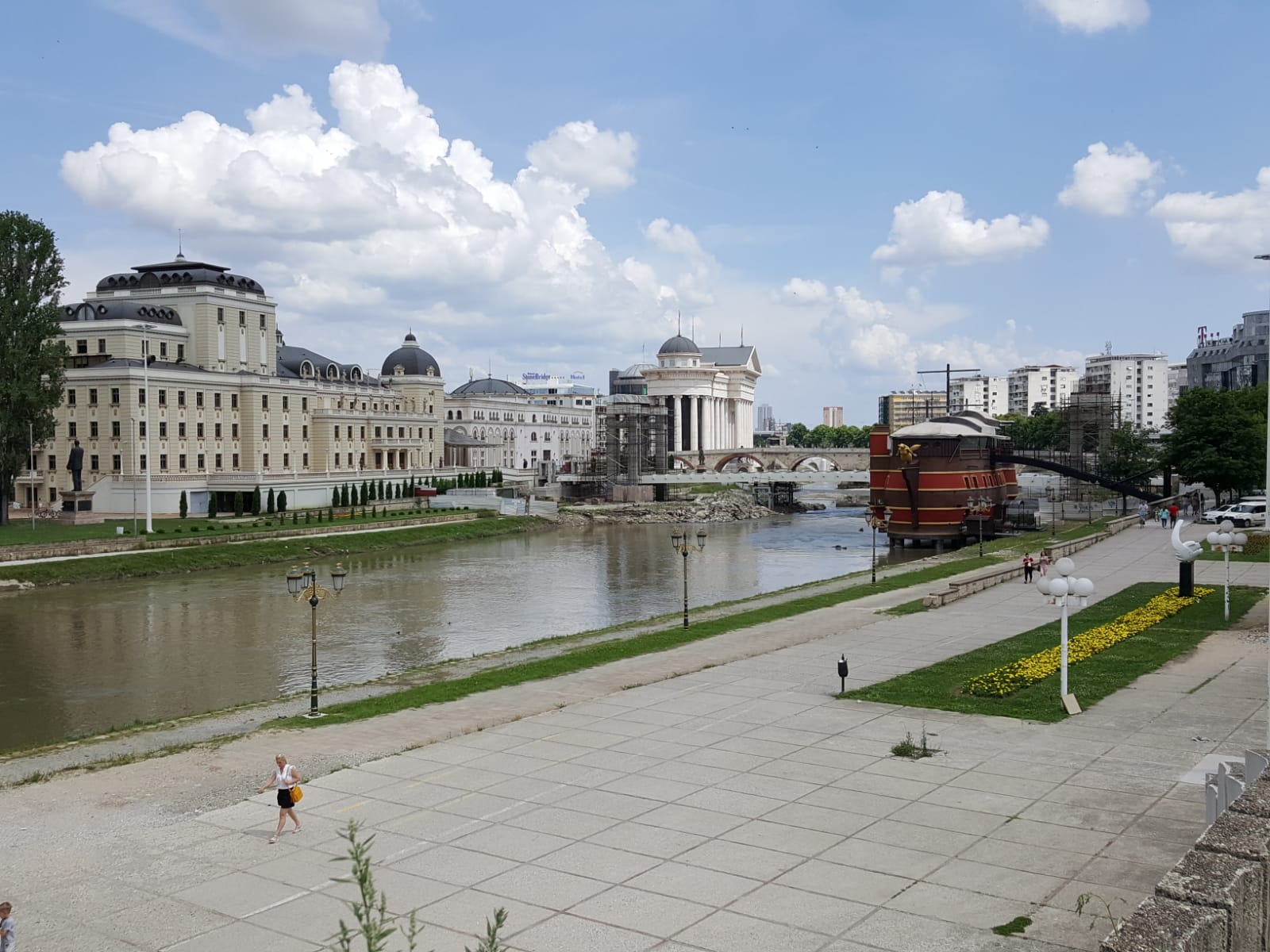
The coronavirus pandemic deepens vulnerabilities of the Western Balkan countries and exposes the weakness of state institutions in the region, especially in the health sector and with regards to social protection. At the same time, and related to the rather limited effectiveness of the EU enlargement process over the past years, the implementation of reforms has stagnated and some countries even experienced concerning regressions of the rule of law.
On behalf of the WB2EU network co-funded by the European Commission under its Erasmus+ Jean Monnet programme (www.wb2eu.eu)
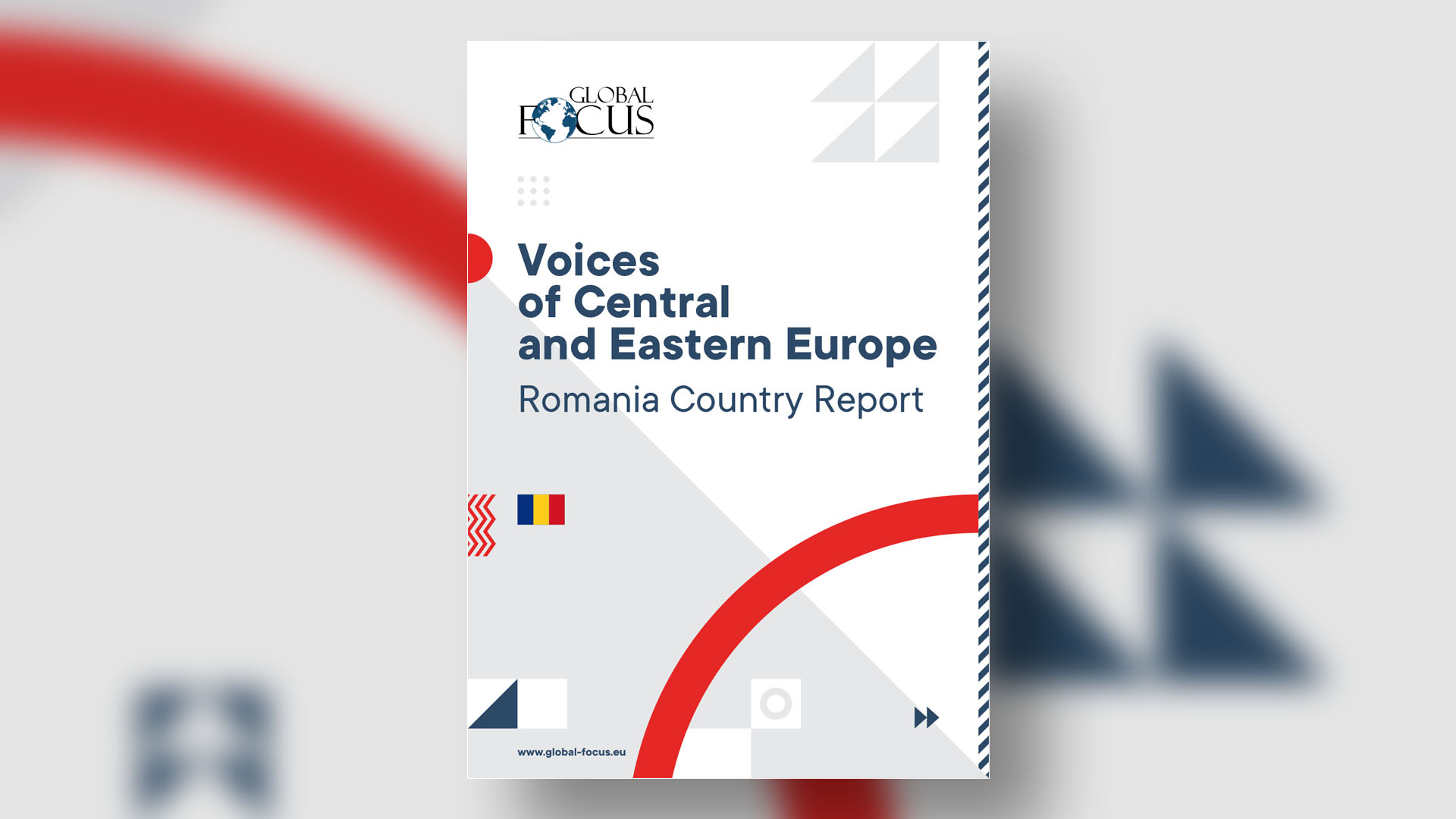
GlobalFocus Center partnered again last year with Globsec (Bratislava) for the fifth edition of GLOBSEC Trends 2020, assessing current perceptions in Romania towards a wide range of issues: from Covid-19 health crisis, all the way to the nature of relations Romania entertains with international powers like US, Russia or China.
As disinformation became more prevalent during the pandemic, a certain lack of coherent policies addressing it became more visible. We found out that 39% of Romanians are believing in one or more Covid-19 related conspiracies. We have also found out that only 26% of the Romanians are believing to be represented by the traditional political elites*.
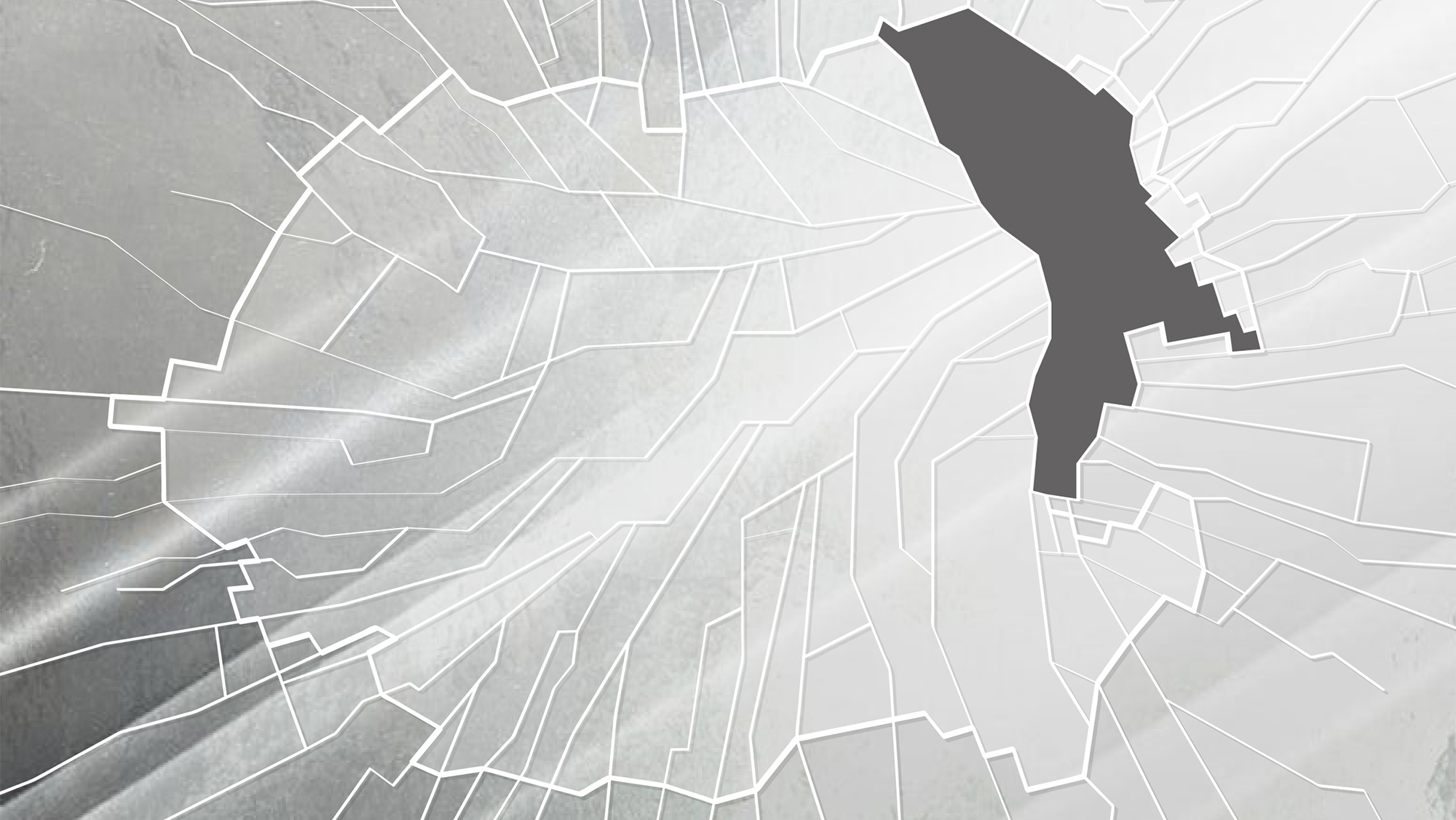
“Disinformation about Romanian-Hungarian relations as presented in Romanian mainstream and social media is primarily an illustration of home-grown mistrust between two communities lacking proper dialogue and knowledge of each other, a mistrust that, in addition, was historically cultivated as an instrument of manipulation during the decades of communism”
